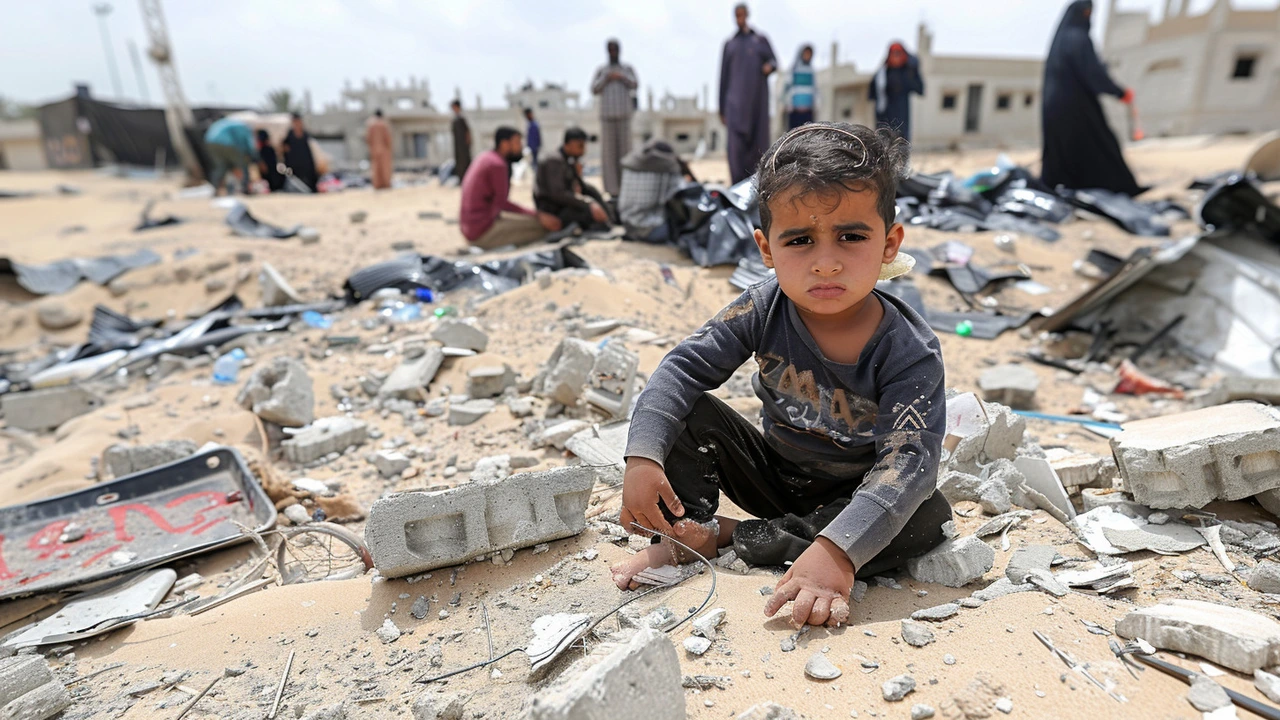International law sets the rules countries use to deal with each other.
It covers treaties, trade, borders, human rights, war, and environmental duties. For readers in Africa these rules affect daily life: trade routes, refugees, investment, and ocean resources. Knowing how international law works helps you understand news and spot what really matters.
How are rules made? States make treaties by agreeing in writing. Customs that countries follow for long enough also become law. International courts like the International Court of Justice and tribunals settle disputes. Bodies such as the United Nations set standards. But enforcement can be hard because states must cooperate.
Key areas to watch in Africa
Why should you care? Laws shape who owns offshore oil, how borders are settled, and whether companies follow labor rules. They also decide when leaders can be tried for crimes against humanity. That affects justice for victims and the credibility of governments.
Key areas to watch in Africa include maritime borders, investment treaties, refugee protection, natural resource disputes, and war crimes cases. Maritime issues matter for fishing and oil. Investment rules affect jobs and public spending. Refugee rules guide who gets help. War crimes cases can reshape politics.
How Daily Africa Global News covers international law:
- We explain complex rulings in plain language. - We link legal decisions to local lives. - We watch African courts and global tribunals. - We summarize treaties and what they mean for trade and rights.
Want to read cases? Check official court statements, reliable legal blogs, and treaty texts. When reading news, ask: Who made this decision? Which treaty applies? Who enforces it? That helps separate headlines from impact.
Quick glossary: Treaty = written agreement. Customary law = long practice. Jurisdiction = legal power. Enforcement = making rules happen. Tribunal = special court.
Reading rulings fast tip: Look for the legal reasoning, not just the result. The reasoning shows limits and wider effects. Note which countries agreed and which objected. Objections often reveal future disputes. Watch deadlines too. Some treaties require steps within months, not years.
How international law reaches local courts matters. Judges may use treaties directly or apply international standards when national laws are unclear. Activists and lawyers can bring money and evidence from abroad. That has changed environmental and human rights cases across the continent.
Common myths: Myth 1: International law is only for diplomats. Fact: It affects business, schools, and health. Myth 2: There is always a global police. Fact: Enforcement depends on politics and cooperation.
How to follow a breaking legal story: 1. Read the court release. 2. Find a short explainer that links to law. 3. Watch for national reactions. 4. Track how businesses or markets respond.
For reporters and students: Use this tag to find background, past rulings, and expert quotes. We keep coverage clear.

Global Outrage Over Israeli Strikes in Rafah: Calls for Ceasefire and Adherence to International Law
The international community is deeply shocked by the recent Israeli military strike in Rafah that resulted in the deaths of over 45 people, including children. Leaders from France and Italy have called for an immediate ceasefire and respect for international law, highlighting the tragic impact on Palestinian civilians. The U.S. emphasized Israel's right to self-defense while acknowledging the devastation.